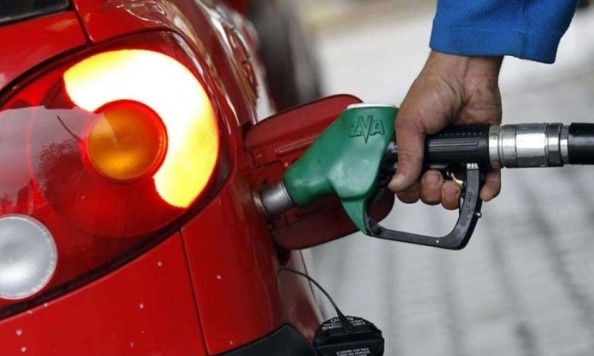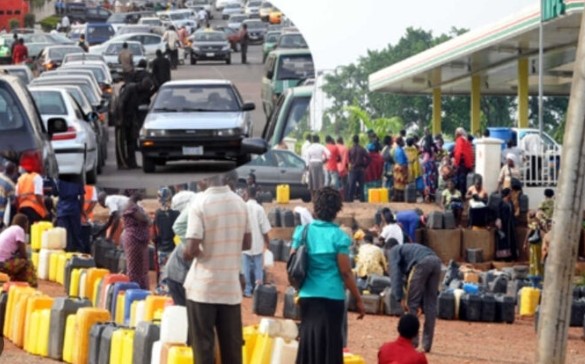News
FG speaks on price of Dangote Refinery petrol

Federal Government has spoken on the price of petrol from Dangote Refinery
This is according to a report from Bloomberg.
It should be recall that the Dangote Refinery on Tuesday began the production of long-awaited petrol, a development that is a major milestone in Nigeria’s energy sector.
,,,,…..Since then, many Nigerians have been keen to find out the price at which the businessman will sell his petrol.
However, Aliko Dangote has stated that it is not his role to set petrol prices; he will leave that responsibility to the Federal Government.
_____His primary focus is to ensure that petrol is available.
But Bloomberg reports that the Dangote Refinery, located in Ibeju Lekki, Lagos, with the approval of the Nigerian Government, will begin setting prices for petroleum marketers starting next month (October).
______This marks a significant departure from the current practice where the state-owned NNPC Ltd. has been the sole price setter.
Previously, NNPC sold gasoline below market value to mitigate price increases, but it recently raised the price to align more closely with market rates.
……..Government officials have indicated that Dangote’s refinery will determine its own pricing strategy, and oversight will be limited to ensuring product quality and preventing exploitation.
_______“Dangote Refinery will certainly not sell their products below market value as a business that was set up to make profit,” a government spokesman Temitope Ajayi told Bloomberg.
“I don’t see how NNPC or the federal government will control price for a private business,” he said.
___“Going forward, petrol marketers will be allowed to buy products directly from the Dangote Refinery.” another source said.
The shift comes amid widespread gasoline shortages and substantial debts incurred by NNPC, which has disrupted supply.
….:::;The Dangote Refinery is projected to produce around 330,000 barrels of gasoline daily, surpassing 1% of global demand, potentially stabilizing the local market and reducing Nigeria’s dependency on imports.
-

 Osun News6 days ago
Osun News6 days agoVideo: Osun Monarch hospitalised after beaten by angry youths
-

 Education4 days ago
Education4 days agoFG Introduces 15 Compulsory Skills For Primary, JSS Students
-

 News5 days ago
News5 days agoState Gov Announces N600 Fuel Per litre For Residents
-

 Education22 hours ago
Education22 hours agoCourt Remands Lagos Teacher In Prison For Maltreating 3-Yr-Old Pupil
-

 Politics6 days ago
Politics6 days agoLG Chairmen, councillors dump PDP for APC
-

 News5 days ago
News5 days agoState Gov Sacks Two Traditional Leaders, Gives Reason
-

 Metro/Crime7 days ago
Metro/Crime7 days agoPopular Music Icon Dies After New Year’s Eve Crash
-

 News3 days ago
News3 days agoGov Makinde talks tough on Oriyomi, Naomi’s Arrest, as court fixes date for bail application




